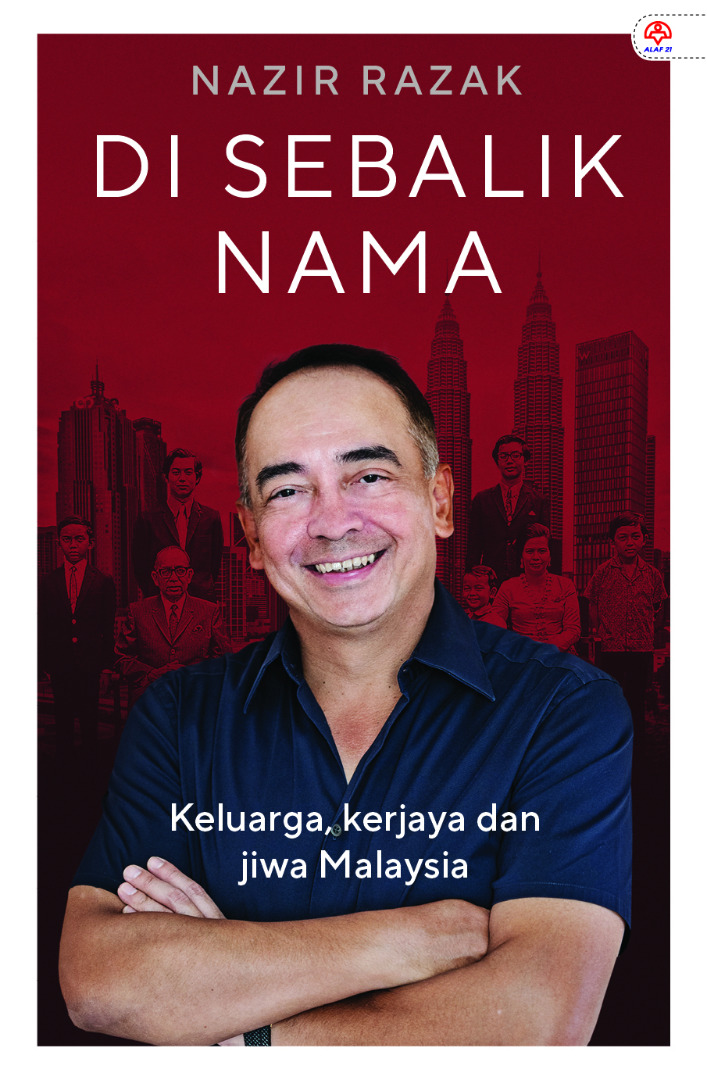Since knowledge is readily available, we've all received the "Can we do something like this" text from our bosses at some time in our lives. How do we navigate this new world? How do we get ahead and what can we do to stand out?
To answer all these career questions and more, we asked Tan Sri Nazir Razak, the influential ex-CEO of CIMB who brought the bank from an unknown investment bank to a regional universal banking group.
1. Should you job hop to get better pay and opportunities?
In my experience, loyalty can pay. I don't think every organisations do that, but good organisations should do that. I remember deciding on compensation for my people and I used to always say, 'If we keep with this inflation-based salary increases, people won't stay'.
If you know the guy can have a big salary hike, why don't you hike his salary? Why do you want to wait for him to resign first? As an employee, if you're there for a long time and you demonstrate loyalty to an organisation, the right one can be rewarding. I stayed in the same company for 29 years—I planned to stay 3.
If you can be fulfilled in a company, don't jump job as a rule. Jump if you feel you really want to diversify your experience or a humongous rise in your pay.
2. How do I get promoted?
You have to make your own luck, for me, I strategised my way to the top. At a time when people used to join a department and stay forever, I made sure I went to HR to transfer me around.
So by the time they were looking for succession they realised that I was one of the very few people that had the diversified experience in that organisation. So, that kind of put me on the forefront of being selected.
I was in corporate finance first then I went into stock broking. I was lucky because stock broking took off such that this small unit within the organisation became by far the biggest. Then I had the clout to stake a claim for bigger roles.
3. Do workers these days really need to know everything and do everything to be successful?
Knowledge is power and when knowledge is so widely available you got to work harder to decipher what is important knowledge and what is not.
In my time, the competitive edge in investment banking was the ability to be able to get a hold of the government's new rules faster than anyone else. It's a really mundane thing. I used to send the office boy outside the government department before they issued new rules to get the first copy, run to me, which I quickly interpreted and sent to clients.
Today, new rules are released immediately so you need to restrategise to get new information. It's a different challenge today and you just need new creative ways of staying ahead.
4. People complain that it's often who you know not what you know. Is this true?
Certainly this is an issue in Malaysia, that who you know is too important. It's also very lazy because we choose people based on relationship as opposed to their merits.
I think it's not a good organisation that bases its decisions on relationship. I've faced many situations where I had to tell people off that I did not promote this person based on who they know.
5. How can I bring extra value to myself and my company?
Your ability to anticipate the future is power. Ultimately, see the future for what it will be based on your analysis. Not for what you want it to be.
You analyse the future and take steps before others do—which is exactly how we built CIMB. We realised that for instance, the investment banking model was not going to be sustainable so we merged with Bank Bumi.
That's because of how I read the tea leaves back then, so we moved before others did. Don't fear speaking out and making decisions and working together with your boss. Your own boss might be trapped by their own decisions in the past or are clouded by legacy.
Tan Sri Nazir Razak spoke to Rojak Daily in conjunction with the launch of the Bahasa Melayu version of his book What's in a Name? titled Di Sebalik Nama.
 The Bahasa version is priced at RM49 and follows his life in four parts: (i) Tun Razak Legacy (ii) CIMB Story (iii) IMDB politics and (iv) ideas to Better Malaysia. The book is available now at a bookstore near you.
The Bahasa version is priced at RM49 and follows his life in four parts: (i) Tun Razak Legacy (ii) CIMB Story (iii) IMDB politics and (iv) ideas to Better Malaysia. The book is available now at a bookstore near you. 




